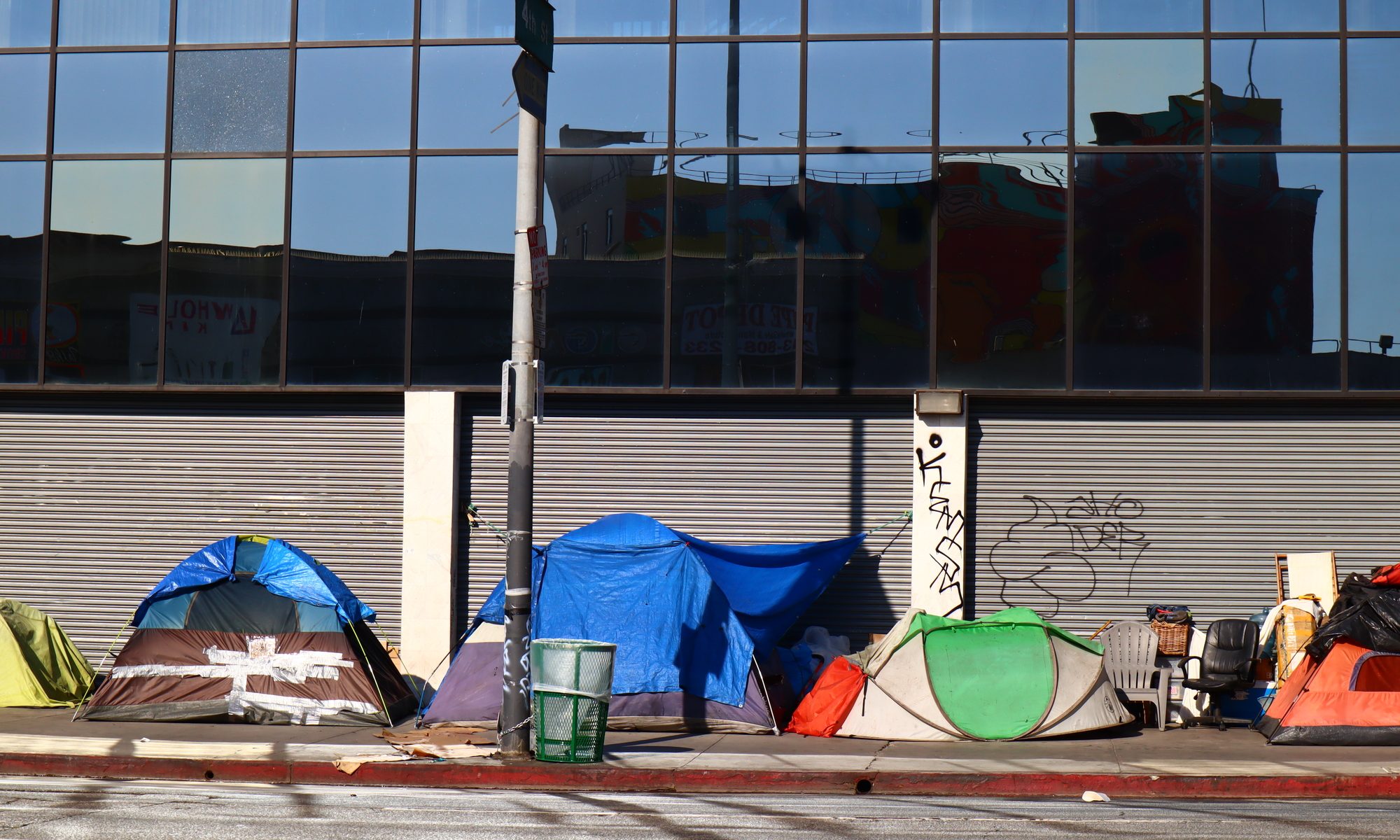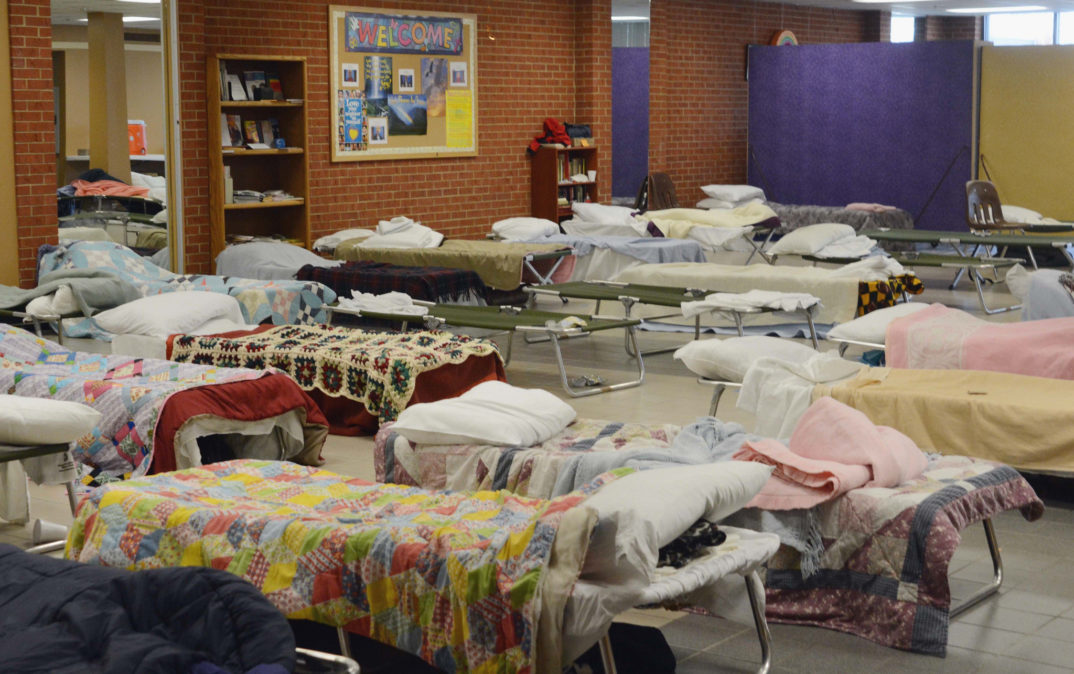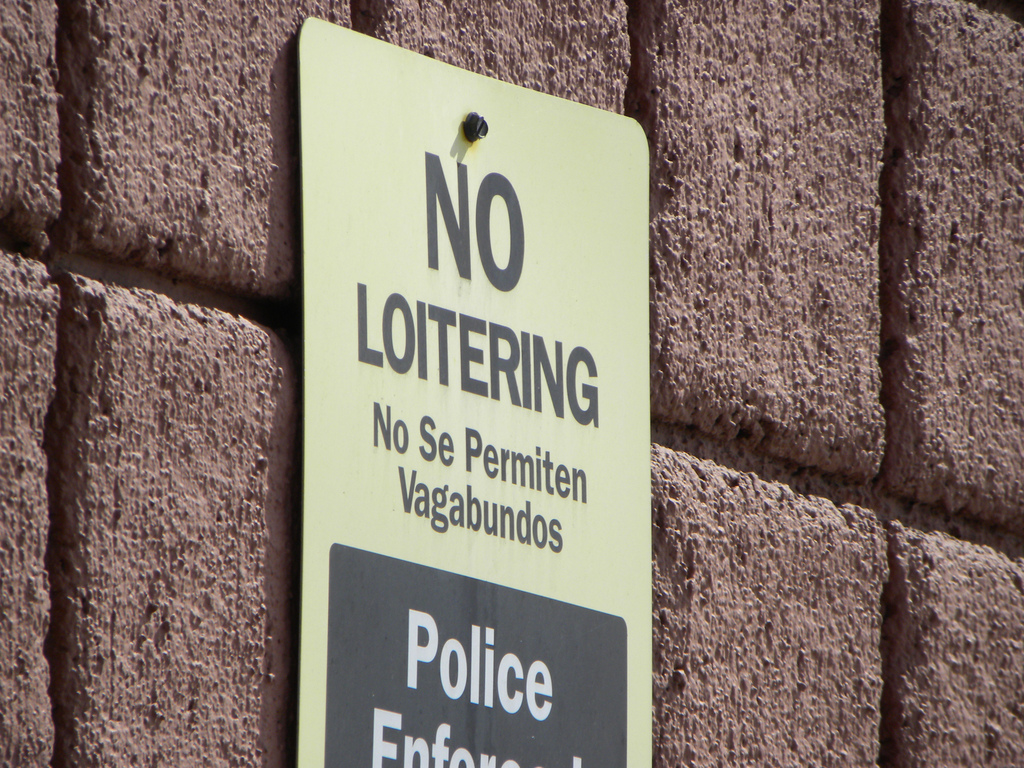Over half a million people are homeless in America. In New York City, shelters overflow as endemic homelessness combines with migrants seeking refuge. Struggling with rising crime and drug use, famously progressive Portland now takes more direct action against its homeless population, such as clearing out camps. California, where almost one third of America’s homeless population lives, is fighting a losing battle against surging housing prices and the societal sequelae of COVID.
Homeless Americans are a diverse population. Some live on the streets, others sleep in shelters, in their cars, or on friends’ couches. Many homeless people work, but find their incomes inadequate to pay for housing. Causes of homelessness are diverse including domestic abuse, disability, mental illness, inadequate pay, and housing prices, but there is little evidence to support the sometimes heard allegation that homelessness is a choice. Unsurprisingly, most homeless people want adequate housing.
But just what is owed to the homeless of America? Is homelessness merely unfortunate, or does it represent a deeper moral failing of the government? Could there even be a right to a home which is currently unfulfilled for so many Americans?
One answer is that nothing is owed to the hundreds of thousands that are currently unhoused. Or at least, nothing special. Nonetheless, such a belief would not preclude the government from helping homeless individuals. For starters, the government may act to ensure that basic rights (e.g., due process of law, expression, security, the right to seek emergency health care) are not unfairly denied to homeless individuals. A government might act further out of compassion, as homelessness often goes hand in hand with poverty, vulnerability, and harm. More calculatingly, a government could be moved by purely practical concerns. Cities can struggle with the impacts of large indigent populations. A government may also want to address homelessness to increase potential productivity, or even the aesthetics of a community.
This may seem callous, but even an “owe nothing” account can take us fairly far. Increasingly popular homeless bills of rights, such as the one recently introduced in Michigan proceed along such lines. The Michigan bill aims to secure rights such as “equal treatment by all state and municipal employees” and “freedom from discrimination in employment.” The core idea is that a particular class of people should not be unfairly discriminated against – that they are owed the same rights as everyone else, and such legislation therefore echoes previous legislation which enshrined women’s rights, LGBTQ+ rights, and racial minority rights.
What such legislation does not do is contend that homeless individuals are owed resources. It is certainly intended to have an alleviatory effect on homelessness, but it does not obligate the government to do anything other than prevent discrimination. A much stronger claim would be homeless individuals are entitled to shelter or perhaps even homes.
Such rights are challenging. More than a mere good thing to do, a right to a home would provide a positive obligation on the government to provide shelter. We rarely think this way. Cars, computers, and smartphones, are also important to the way people live and work, yet few feel that the government owes us these.
Why should the government provide houses? And even if we accept that such a right exists, what exactly is required to fulfill it? Does the government merely need to provide some shelter? Does it have to be nice?
Despite these hurdles, the idea of housing as a right has a long history. The Universal Declaration of Human Rights, for example, identifies access to adequate housing as a fundamental right.
One way to approach a right to home is via a famous thought experiment from political philosophy – the veil of ignorance. Imagine a discussion among people trying to design the ideal society. However, there is a major caveat: these individuals do not know who they will be in this society – what characteristics they might possess and what kind of social position they might come to hold. They are behind the veil of ignorance. Consequently, designing a deeply unequal society where many will experience a poor quality of life is a risky proposition. Few would endorse such a society knowing they stand a good chance of receiving the short end of the stick. Instead, these idealized actors may wish to ensure that no matter what kind of life they come to have, they are guaranteed access to certain basic goods, including shelter. Such a thought experiment gives us insight into how we might reason our way to a just society, rather than simply taking what history has given us.
Alternatively, a right to a home might be secured by the pursuit of freedom and equality of opportunity. As the legal theorist Jeremy Waldron has pointed out, homelessness greatly restricts freedom. For starters, everything that is banned in public is, for the homeless, forbidden. Moreover, the material fact of being homeless (and not simply discrimination against homeless individuals) restricts one’s ability to acquire and keep property, raise a family, stay healthy, and seek medical care. Anything that depends on being specific places at specific times, entering private property, or having stable access to a cell phone or computer (keeping cell phones charged is particularly difficult), can be challenged by homelessness and its attendant hardships. If we care about ensuring that all people are in a position to pursue opportunities and better their lives, then a home may not be a goal but rather a prerequisite, and thus something that the government should provide as part of a minimum standard of living.
This moves us away from the idea that a house is simply a resource or good – something to be bought and sold on the market – and towards the idea that the significance of the house is the capabilities it enables.
The right to housing, then, is not simply an entitlement to a structure with certain amenities, but rather a way to satisfy basic needs like privacy and safety.
If one or both of these arguments is compelling, a final concern still needs to be discussed, namely, money. A frequent challenge to rights such as healthcare and housing is that they are bottomless money pits. There is nuance here, with some arguing that addressing homelessness can actually save money long term. Regardless, there is at least the risk that implementing a right to homelessness could be expensive. But this is not a substantive objection to the existence of a right. If it is accepted by a society that there is a fundamental right to housing, then the cost is a secondary consideration. By the same token we do not nullify the right to free speech because we do not always like its consequences. Under both the above accounts, some redistribution of money is justified to secure a more foundational form of fairness.
However, an implementation of a right to a home would have to take seriously that homelessness is caused by more than a lack of houses. Major underlying causes such as soaring housing prices along with addiction, disability, mental illness, and inequality continue to drive people towards homelessness. Additionally, there is an inherent tension between property owners – who want to keep the value of a commodity high – and property seekers; NIMBY sentiment encourages us to simply move the problem elsewhere. If the government does finally commit to housing as a right, that entitlement will have to be secured in the face of these enduring challenges. This may demand more serious societal modifications than simply investing in new construction.



